After two years of strange behavior, even weirder symptoms, and many misdiagnoses, my mother was finally diagnosed with both CBD and PSP.
I had never known anyone who suffered from these diseases, and I really couldn't find a whole lot of information online. The basic information I was able to find was just that, basic.
I did learn that both progressive supranuclear palsy (PSP) and corticobasal degeneration (CBD) are rare. PSP affects about 6 out of every 100,000 people, and only about 3,000 people have CBD in the US. Somehow, as rare as lightening striking twice in the same spot, my mother is afflicted with both.
I wanted to write something to share my mother's story about these diseases since I really couldn't find out much at the beginning. I want to give those who care for loved ones a place to hopefully find answers to some of the same questions I had.
These rare disorders are deadly, but nearly unknown by the general public. Unless lightening strikes in your life, you'll probably never hear about either disease. It's time to change that. It's time to find a cure.
*I am not a medical doctor. This article is not meant to make a diagnosis. It is written to tell my mother's story and what I've learned through my own research. Please talk to your physician about any concerns you may have about PSP or CBD


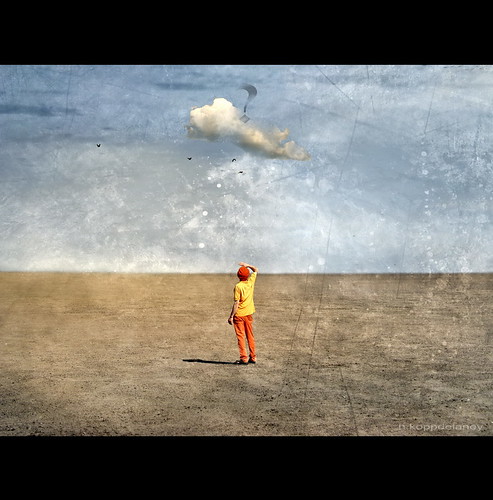


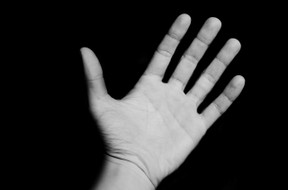 Confused, her primary physician referred her to a neurologist. After a boatload of tests, he told me she had Alzheimer's. I was relieved in a way because it was comforting to know that whatever was wrong with her had a name. However, as time passed and I researched further, it became clear to me that she didn't suffer from Alzheimer's.
Confused, her primary physician referred her to a neurologist. After a boatload of tests, he told me she had Alzheimer's. I was relieved in a way because it was comforting to know that whatever was wrong with her had a name. However, as time passed and I researched further, it became clear to me that she didn't suffer from Alzheimer's.

 Lois
on 11/07/2016
Lois
on 11/07/2016








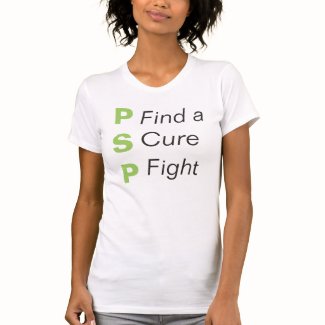

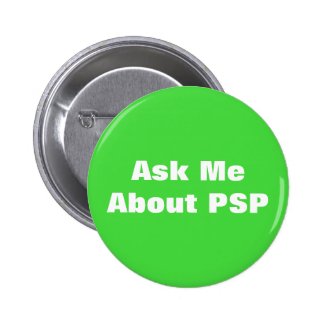
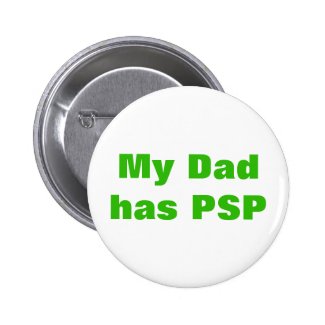
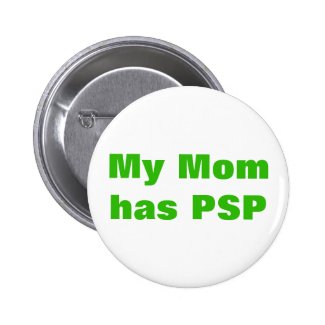
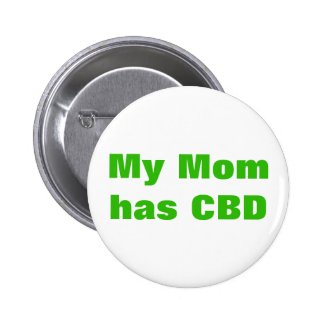
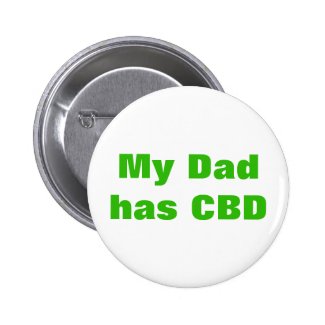


 How to Learn to Make Money Online Bloggingon 11/08/2015
How to Learn to Make Money Online Bloggingon 11/08/2015
 Funky Retro Fun with the Polaroid Socialmatic Instagram Camera and Accessorieson 01/01/2015
Funky Retro Fun with the Polaroid Socialmatic Instagram Camera and Accessorieson 01/01/2015
 Haunted Florida: The Legend of the I-4 Dead Zoneon 12/07/2014
Haunted Florida: The Legend of the I-4 Dead Zoneon 12/07/2014
 Easy to Make Paw Print Christmas Ornament Kiton 11/25/2014
Easy to Make Paw Print Christmas Ornament Kiton 11/25/2014

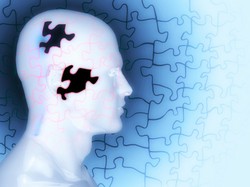

Comments
Abby, I've never heard of these conditions and I'm sorry that your mother is suffering from them. I also wish you had more help caring for her. I'll put her on a prayer list.
Thank you @mira. It's frustrating when it seems there are no answers, especially when the outcome isn't good either way
Thank you@writerartist. Faith is the only thing to hold on to at times like these. It's the only thing that will get a person through.
These diseases are tough, and misdiagnosis (erring on one side or the other) are a sad truth. I'm glad that Sinemet works somewhat, and I hope this article will help people take better care of their dear ones.
On times like this, it is so difficult to hols oneself, especially if one's loved one has encountered these rare diseases whose symptoms are difficult to analyze. Moreover, when there aren't any cures, I have found that faith in Almighty gives some hope and strength. Hope you and your mother find the strength to endure the tough experiences ahead. Keep yourself calm and composed, all things pass - good or bad.